 Holistic Medical Services and Insurance
Holistic Medical Services and Insurance
Even though about one third of the adults in America use some sort of complementary or “alternative” medicine, the majority of these services are not covered by insurance.
Different insurance companies offer different kinds of policies. If you are looking for information about your particular insurance policy, you should contact your provider to find out whether the particular holistic medicine service you are seeking is covered. Be sure that you ask for the specifics of your particular policy because some of the larger insurance provider companies offer different policies for different regions.
Treatments that are more commonly covered by insurance include chiropractic, acupuncture and massage therapy. The majority of holistic medicine services are still regarded with skepticism by insurance companies. As more and more research is done on the various forms of different practices that full under the umbrella of holistic medicine, hopefully more of these valuable, alternatives to traditional Western medicine and drugs, will be recognized for their merit in modern healthcare.
Holistic Medicine
More and more Americans are recognizing the value of holistic medicine. As well, more and more Americans are questioning conventional Western medicine practices, especially those of prescribing medications and treatments that can be detrimental to one’s overall health. Most traditional health plans do not cover holistic medicine services such as, herbal therapy, homeopathy, naturopathy and applied kinesiology, instruction in practices such as yoga, tai chi, meditation, and nutrition counseling and supplements, to name a few of the many popular and effective forms of holistic medicine that are available to people who are seeking to not just cure what ails them- but to help them to achieve and maintain their optimal health.
Americans are spending more than $30 billion a year out of their own pockets on everything from acupuncture to nutritional supplements. Almost half of these healthcare costs that were not covered by insurance went to complementary and integrative healthcare providers such as acupuncturists, chiropractors and massage therapists. Almost $13 billion is spent on natural products each year and almost $3 billion is spent on self-help and self-care approaches such as books, homeopathic medicines, and herbal remedies, etc.
Insurance Supplement
If you are unsuccessful in finding a healthcare plan that covers you for complementary and alternative medicine (CAM) one option is to do this through a Health Savings Account (HSA). These are available through the IRS for individuals that are covered under a high deductible health plan (HDHP) and have no other health coverage except permitted coverage. This is a tax deductible and tax-free account for money that is to be used for medical purposes (and only medical purposes). Anyone can contribute to an individual’s HSA but as with any contribution to it, these are subject to penalties and taxes if the money is used for non-medical reasons. Many people with high deductible plans have HSAs to help them avoid the financial stress of a high deductible plan.
Be informed of holistic medicine news and information with Coastal Natural Health.
